Danger. No Exit.
Megan Green
I attempt to use objects and their associated narratives to contextualize industrial mining in the geo-cultural landscape; specifically examining class and personal experiences I had growing up in northern Canada around the tar-sands, a region that is often considered the worst example of natural resource mining and described in apocalyptic terms. In my work, I explore the sort of encounters the remote spaces of mining engender, and what might be seen in them that could be put into service in understanding our contemporary petroculture. Kitsch — petroleum plastic objects and ‘tacky’ home decor — and its association with class is used in my pieces with an awareness of the stereotypes associated with these regions.
Wildfire Plastic 2 features a piece of a melted bus shelter from Fort McMurray, Alberta, after the 2016 wildfire. The text refers to the geographical logistics of fleeing the fire in the region, the affect of the experience, and the precarity of the oil sands industry itself. The wood grain printed contact paper functions as an item of material culture, representing a conflicted relationship with the landscape in the Canadian national narrative. The paper is also an object of material culture that denotes class and is used here to refer to representations of the subculture of the area.
Megan Green is a visual artist from Newfoundland who was part of a worker migration to the oil sands in the 1990s; she completed an MFA at the University of Waterloo in 2014. Megan participated in the Banff Centre’s 2016 BRiC On Energy residency. Work from this residency was presented at the Petrocultures 2016 conference at Memorial University of Newfoundland, at the University of Edinburgh’s Postcards from the Anthropocene exhibition, and published in Energy Cultures from West Virginia University Press. Her work was also included in the 2017 Alberta Biennial of Contemporary Art. Megan was an artist residence at the Klondike Institute for Arts and Culture in 2018, and in 2019 she presented at Animal Remains at the University of Sheffield. She has been the recipient of production grants from the Ontario Arts Council in 2017 and 2021, and from the Canada Council for the Arts 2021 Explore and Create program. Recent publications include an essay in Popular Inquiry: The Journal of the Aesthetics of Kitsch, Camp and Mass Culture. In 2022 Megan Green had a solo exhibition at the Tina Dolter Gallery in Corner Brook, Newfoundland.
